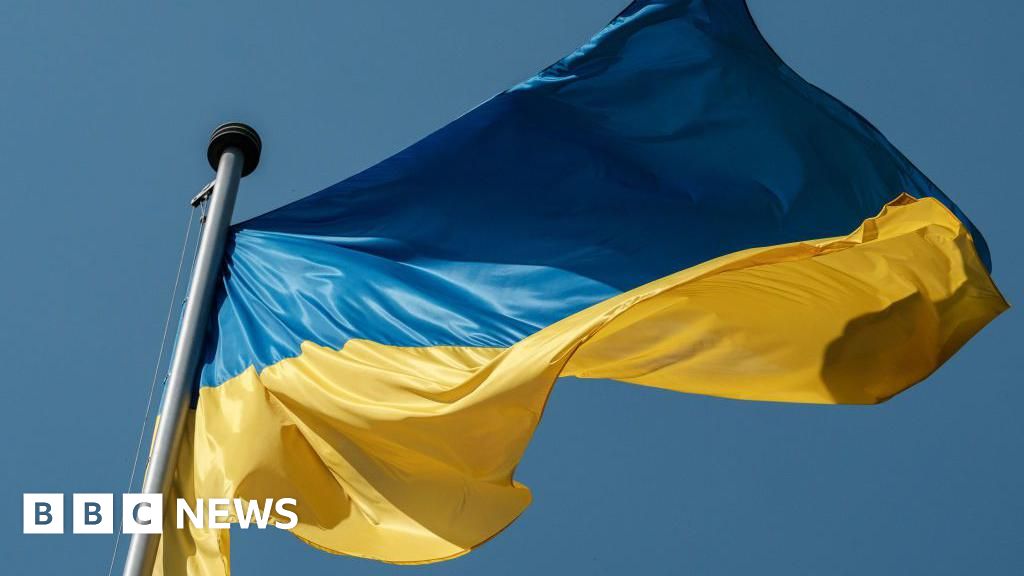Football
Child can return to Ukraine with mother, High Court rules

A woman from Ukraine has won a High Court legal battle to take her child back to the war-torn country against the father’s wishes.
The family fled their home shortly before the start of the war with Russia in February 2022 and moved to London in December last year.
After the mother said she wanted to take the child back to their homeland, the father successfully applied for a court order blocking them from leaving the UK.
Now Mr Justice Hayden has ruled they should be allowed to travel back despite the ongoing conflict.
The judgment said the city where the mother lives in Ukraine has “weathered the war effectively” and that the family are “very well-placed” to protect the child should the situation “start to deteriorate” due to the conflict.
Mr Justice Hayden said: “I have no doubt that they have the real capacity to construct sensible and pragmatic solutions if a point comes where the mother considers that [the child] would be safer outside Ukraine.
“For the time being, [the child] needs the safety and stability of their home and their family. This is only capable of being met with their mother in (Ukraine).”
Anita Guha KC, representing the mother, said there was “never any collective intention or agreement” between the pair to permanently move to London and that the father “blatantly knew” her position.
She said the court order blocking their return to Ukraine was “shocking and draconian” and that the mother would do “everything in her power” to protect her child if the situation in Ukraine deteriorated.
But Jacqueline Renton, for the father, said “it is clear the parties agreed” to the child’s relocation to London and that the move was agreed as early as 2020.
The father argued “it will be better” for them to stay in London, describing life in Ukraine as “very dangerous”.
Mr Justice Hayden said that he was “entirely satisfied” that the child was “most integrated” in their home country.








